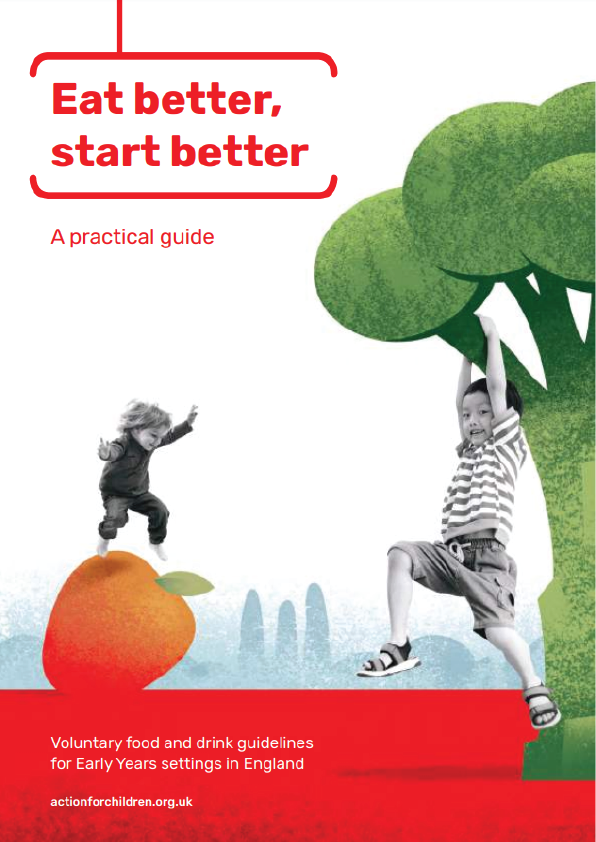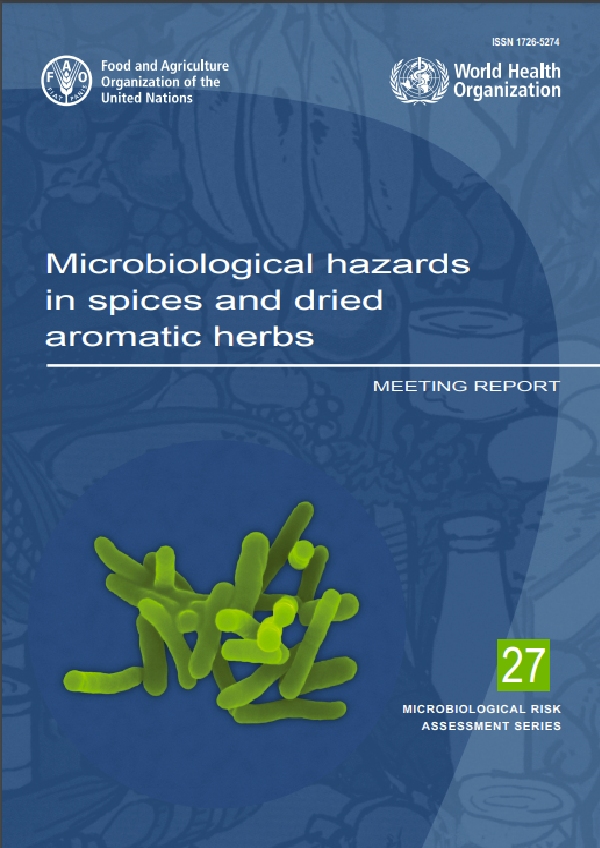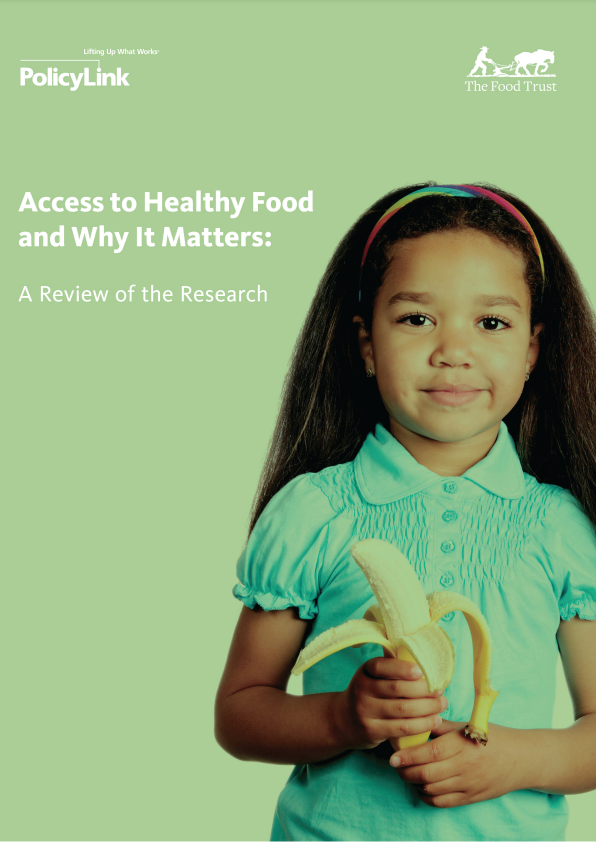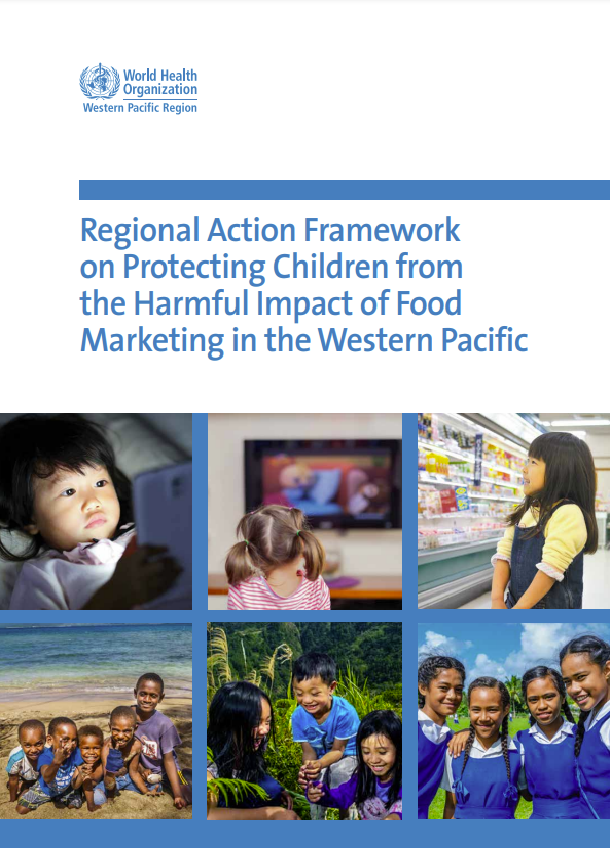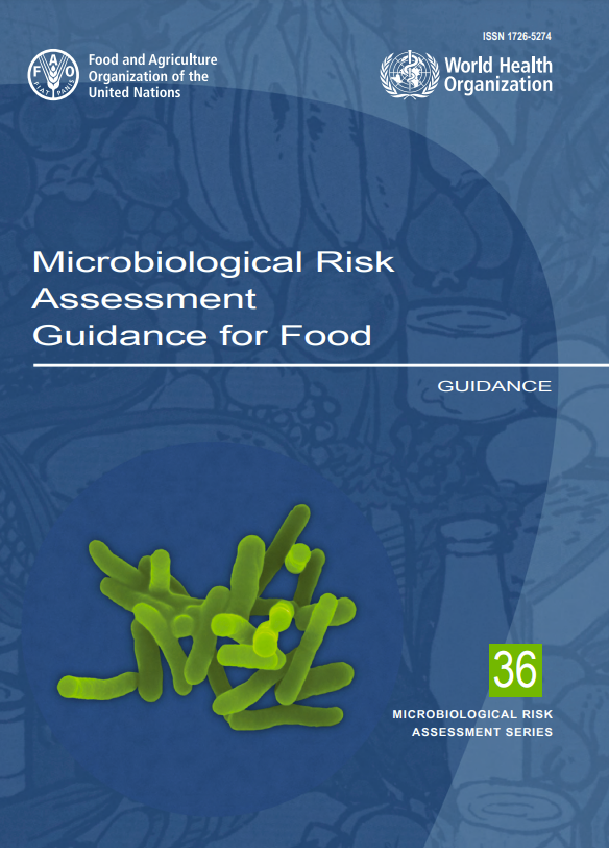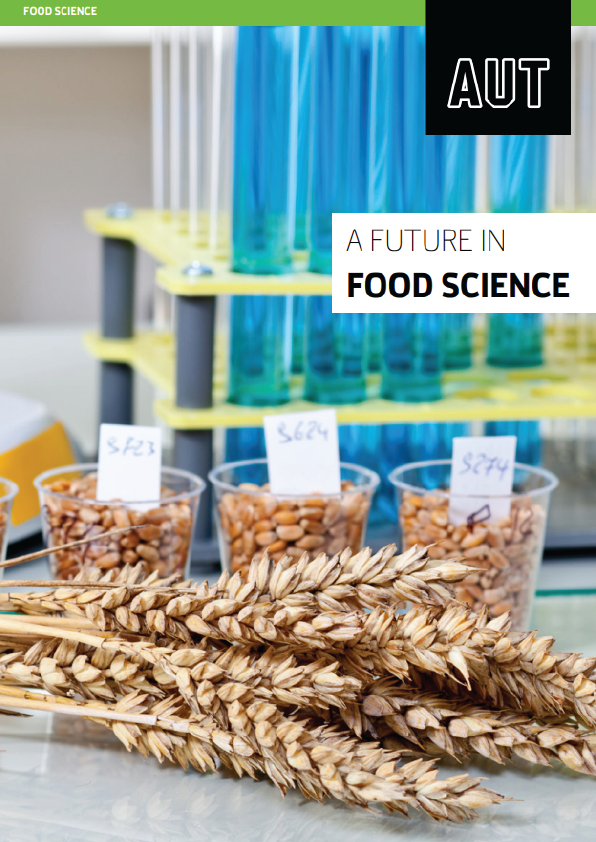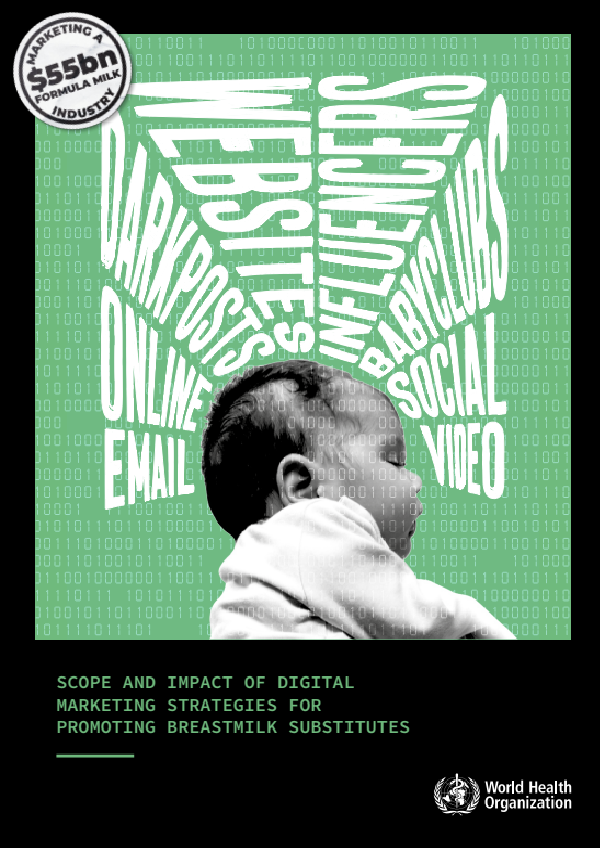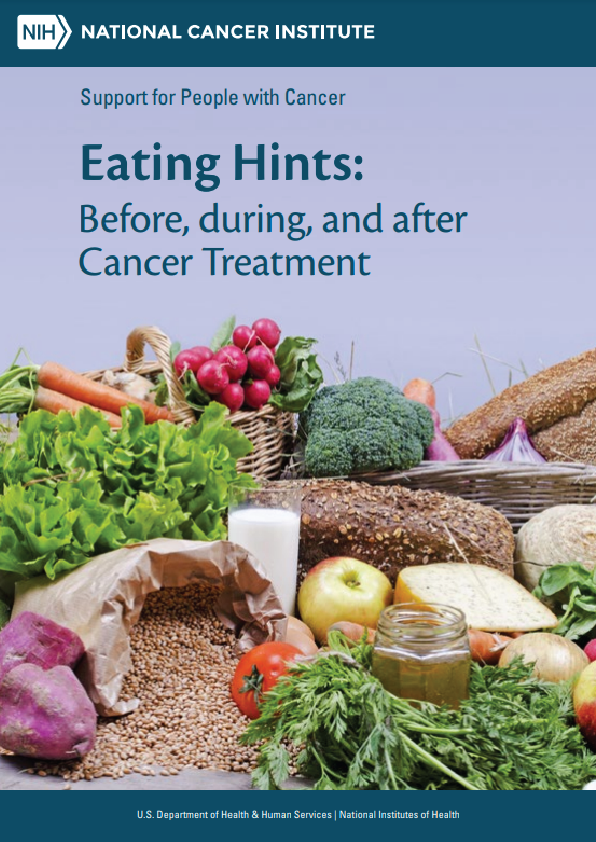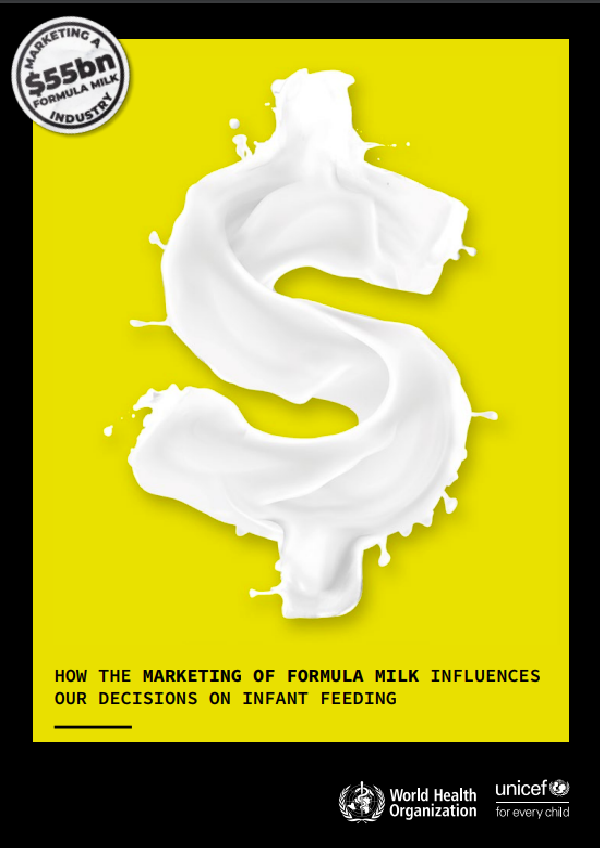Why has this guide been developed?
This guide has been developed to help early years providers and practitioners to meet the Early Years Foundation Stage (EYFS) welfare requirement for the provision of healthy, balanced and nutritious food and drink.1 Encouraging children to eat well and learn about food in their early years not only protects their health when they are young, but also sets the foundations for their future health and wellbeing.
Early years settings provide an ideal opportunity to help every child eat well, enjoy a varied diet and establish healthy eating habits to take with them into their school years. Early years providers, practitioners and parents have called for clear, national guidelines on what children under the age of five should eat and drink while attending early years settings.2 This guide sets out the food and drink guidelines for early years settings in England, and was updated in 2017 to reflect current government dietary recommendations for infants and children aged six months to four years. Following the advice in this practical guide when providing food and drink will help you to meet the nutritional requirements of young children in your care.
Who is this guide for?
This guide is for early years settings providing meals, snacks or drinks to children from the age of one up to four years.† The new example early years menus cover food provision for children aged six months to four years and information on providing food for infants aged six to 12 months has been included on pages 56-59. This guide can be used by all regulated providers, regardless of the length of time that children spend in the setting, including:
- children’s centres
- registered childminders and nannies
- private, voluntary and independent nurseries
- local authority maintained nursery schools
- nursery classes within primary schools
- pre-schools
- sessional settings, such as playgroups. Non-regulated settings, such as parent and toddler groups, are also encouraged to use this guide when planning and providing food and drink for children. Parents and carers may find this guide useful to help them to understand the types and amounts of food and drink that they should expect their child to be offered whilst attending an early years setting. Involving parents and their children in food and drink provision is an important aspect of the Early Years Foundation Stage3 framework, as it helps to reinforce good eating habits for life.
Why is a healthy, balanced and nutritious diet essential for young children?
A healthy, balanced diet and regular physical activity are essential for children’s health and wellbeing. Research confirms that healthy eating habits in the years before school are very important because they influence a range of health and development outcomes in later life.4, 5, 6 A 2010 review of health inequalities by Marmot7 identifies the early years as a crucial time to intervene to reduce health inequalities across the life course. Quality of early years experiences can have a fundamental impact on all aspects of human development, physically, emotionally and intellectually. Encouraging breastfeeding and ensuring that children eat well in their early years are key to ensuring that they achieve their potential, and help prevent them becoming overweight and obese. This approach also helps to reduce the risk of serious diseases such as heart disease, diabetes, stroke and cancers in later life. Good nutrition is important for children aged under five to:
- ensure that they get the right amount of energy (calories) and nutrients needed while they are growing rapidly
- ensure that they do not consume too much energy (calories), which may lead to children becoming overweight or obese
- encourage them to eat a wide variety of foods and develop good dietary habits to take with them into later childhood and beyond.
What is the current health status of young children in England?
• Over a fifth of children are either overweight or obese by the time they join reception class in primary school (their final year in the EYFS).
• Type II diabetes, which usually appears in adulthood, is starting to be seen among some overweight children.
• Dental health is poor in many young children.
• Cases of rickets are appearing more frequently.
• More than one in four young children in the UK may be at risk of iron deficiency,which is linked to slower intellectual development and poor behaviour in the longer term.13 In recent years, changes in children’s diets have affected their nutrient intakes with some children eating foods that are low in energy, iron and vitamin A, and high in saturated fat, sugars14 and salt. In addition, many young children also eat fewer than the recommended five portions of fruit and vegetables each day.
What is a healthy, balanced, nutritious diet for children aged one to four years?
A healthy balanced diet for children aged one to four years is based on the four food groups listed below, which provide a range of essential nutrients that children need to grow and develop. Potatoes, bread, rice, pasta and other starchy carbohydrates Fruit and vegetables Beans, pulses, fish, eggs, meat and other proteins Dairy and alternatives One of the basic principles of healthy eating is variety, as eating a wider range of different foods provides a better balance of nutrients. Planning meals and snacks to include a variety of food and drinks from these four food groups each day will provide children with the good balance of nutrients they need.
Interested with the topic? You can read through the book from the above!
